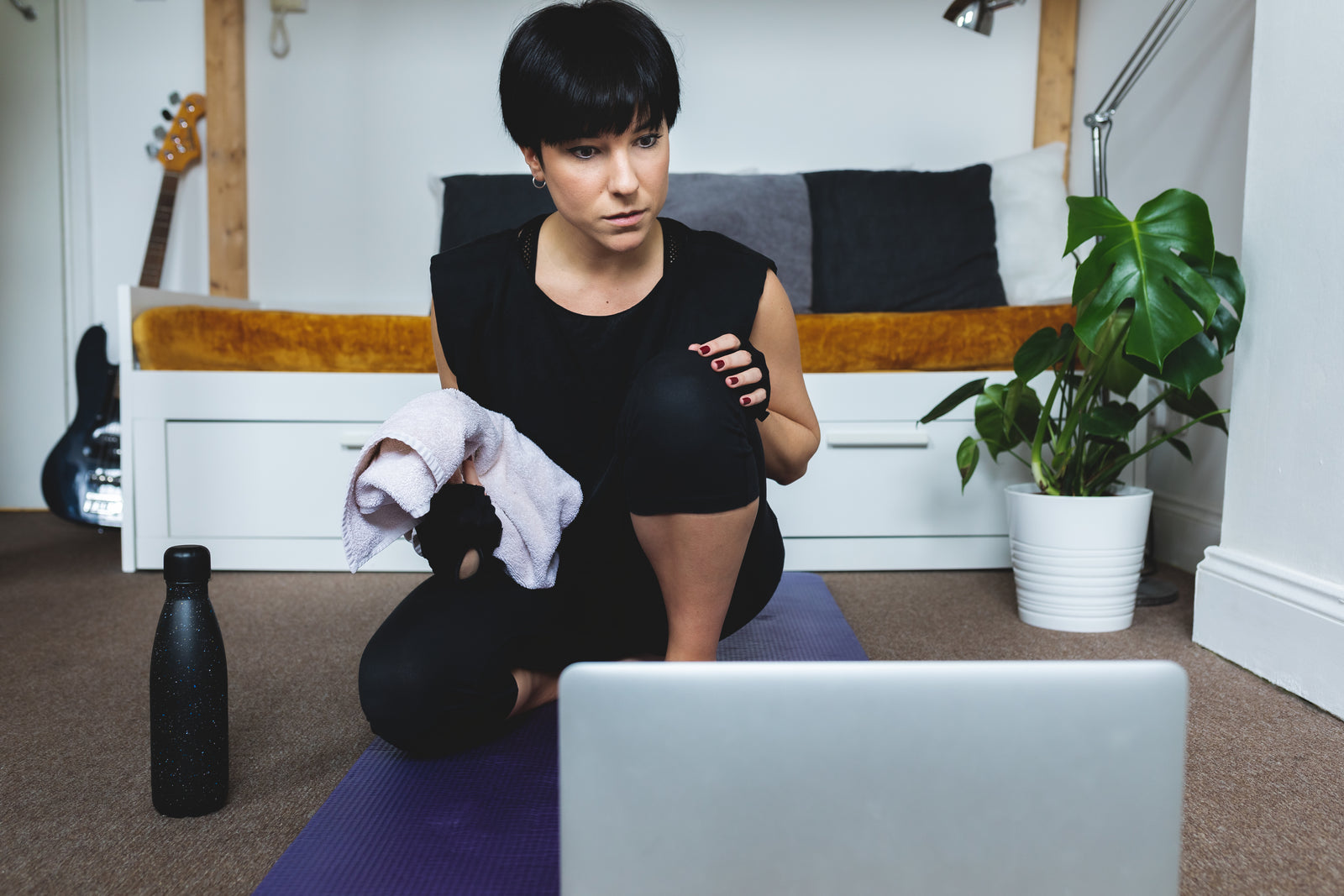You should not underestimate the benefits of exercise when implementing a healthy lifestyle. Research repeatedly shows exercise is crucial, not only to a person’s physical wellbeing but also their mental state. It can improve the quality of your life by reducing the chance of serious illnesses and help you maintain a healthy body weight.
What are the benefits of regular exercise?
- Improved cardiovascular function due to stronger heart and healthier lungs
- Help lower blood pressure and manage cholesterol
- Lower the risk of heart attack, stroke and other coronary diseases
- Increases the level of endorphins thus triggering a sense of wellbeing
- Improves a person’s mood and can help alleviate depression
- Increased energy levels
- Improved health and appearance which in turn can boost your confidence and sense of self worth
Who can benefit from exercise?
In a nutshell anyone and everyone can benefit from exercise. From the elderly down to children, staying active will greatly benefit your health. Making sure children are active from an early age will instill healthy habits and a sense of routine that they will carry into adulthood. Whatever stage of life you are at there are a wide range of options available for you to be able to implement exercise into your life at a level that is suitable to you. Being active does not always mean having to go to the gym it could be something as simple as going for a walk or swim, swapping a car journey to walk or taking a flight of stairs instead of a lift. If you are currently doing no exercise at all then implementing small changes like these can really help you get started.
Healthy heart and bones
One of the biggest benefits of exercise is keeping your heart healthy and reducing your risk of developing heart related diseases. Research shows that three in 10 adults in the U.K have high blood pressure, which increases your risk of having a stroke and research also shows exercise can have a positive effect on reducing blood pressure.
Regular exercise also keeps your muscles, bones, joints and connective tissues healthy. Body weight exercises or using weights will help will help keep your bones strong and physical activity especially when young can increase bone mineral density. You can prevent bone loss by regularly exercising especially after the aged of 20. Maintaining good bone and muscle strength will help prevent injuries, falls and fractures, this is particularly important as you age as it can help prevent osteoporosis. Similarly one in three people in the U.K suffer with back pain again research shows those who exercise are less likely to suffer with this problem and those who already do can alleviate it through specific exercises that will help reduce back pain.
How to get started
Find ways to add activity to your day. If you start by walking, start increasing the distance, length and intensity. Additionally try to do exercise that will strengthen your bones and muscles three times a week, for example resistance exercises with weights, swimming or a yoga class.
At KGN we are committed to helping you improve your health and fitness and want to help you implement positive and long lasting change. In this article we have only touched upon some of the key benefits of exercise. If you would like any more information then feel free to contact us at info@kgntraining.co.uk or if you are nervous about getting started on your own then why not join a KGN class or book a one-on-one session with us now. We are ready to help.





